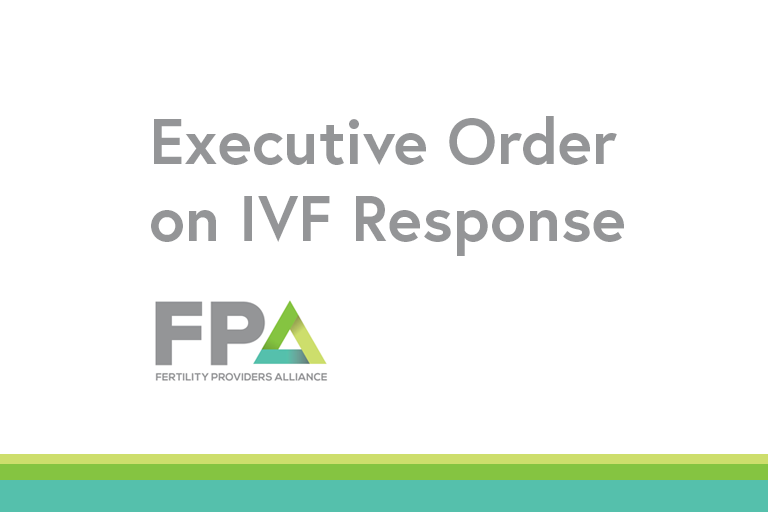Newsroom
The Reproductive Science Center (RSC) of the San Francisco Bay Area has been a pioneering fertility medical practice for more than a quarter-century. The practice formed in 1983, just two years after the first successful birth through in vitro fertilization (IVF) in the United States.
More than 12,000 babies have been born as a result of treatment at RSC. The center’s mission is to deliver the highest quality patient care, while also providing the best opportunities for building families. Physicians and staff at RSC advocate responsible decision making and high-quality customer service, treating patients with dignity, respect and compassion.
For journalists on a deadline or who are seeking information on a specific fertility topic, please contact Sarah Hudson at sarah.hudson@usfertility.com.
Recent releases
Sort by:



